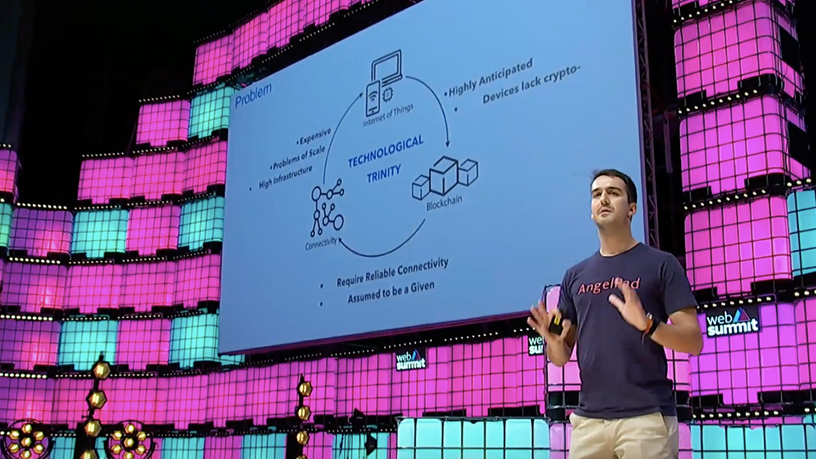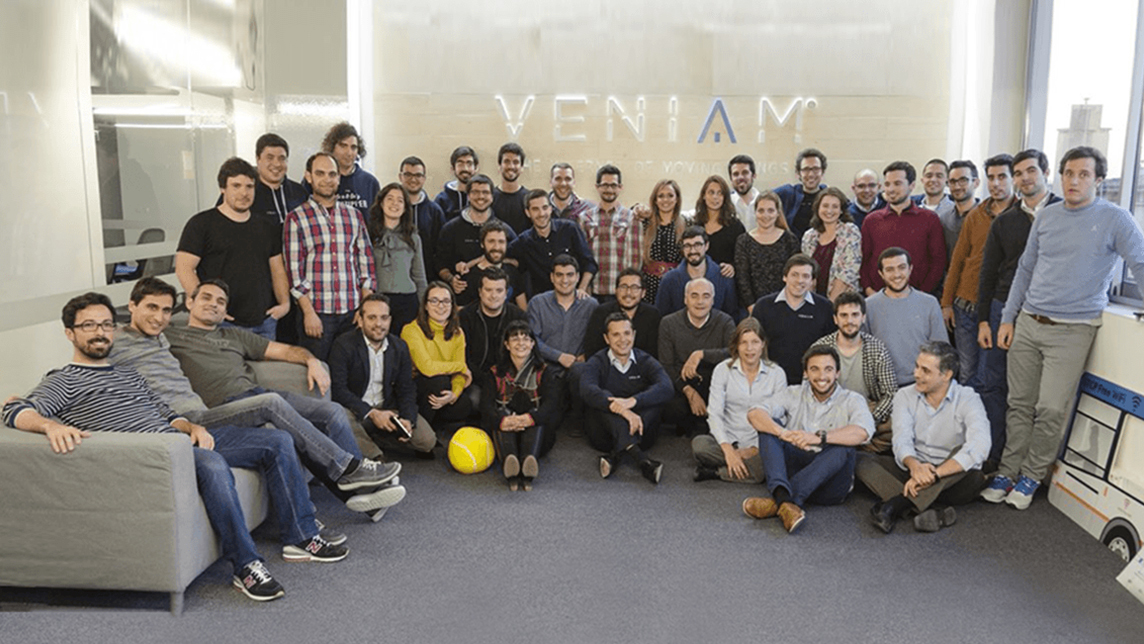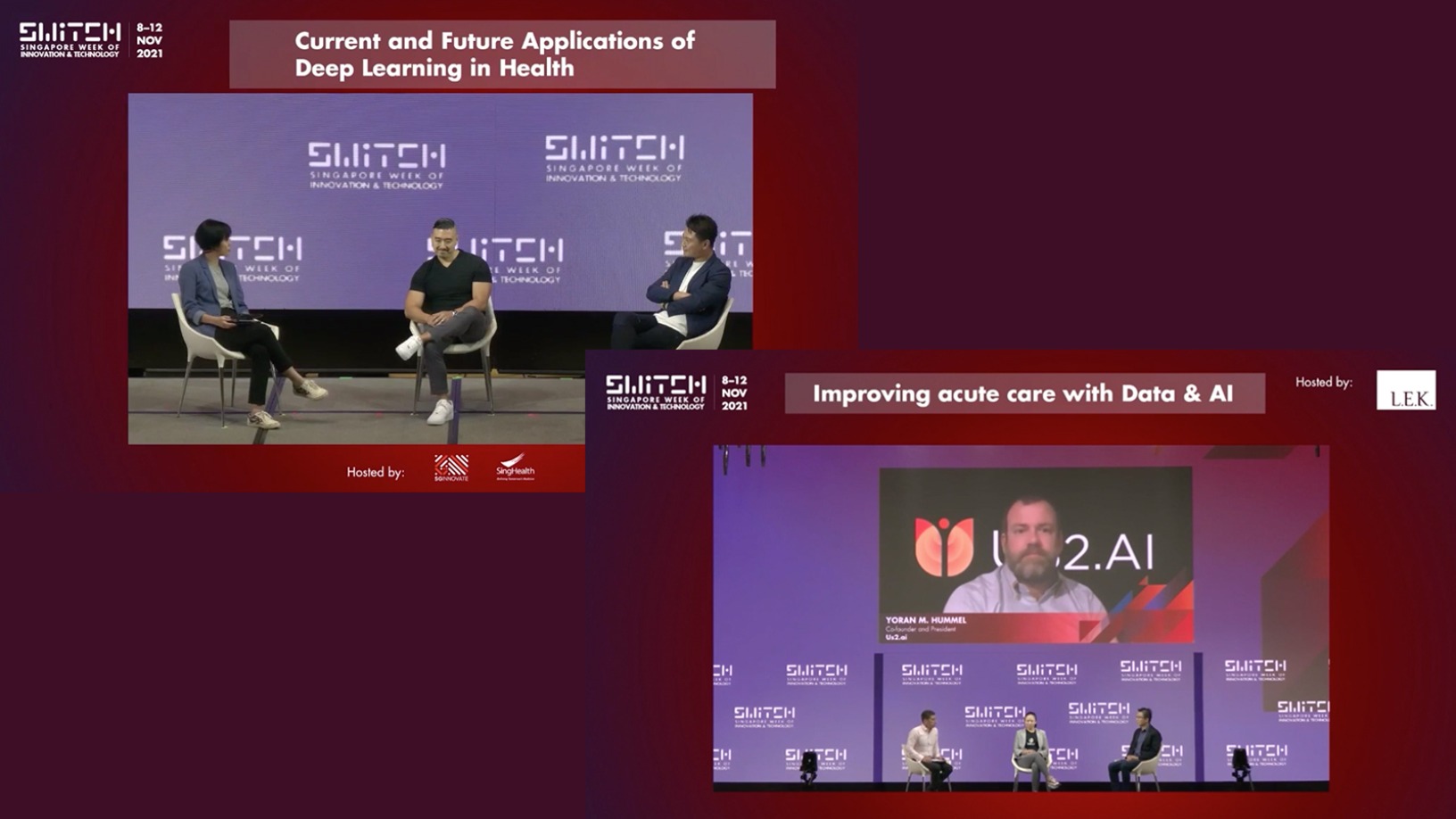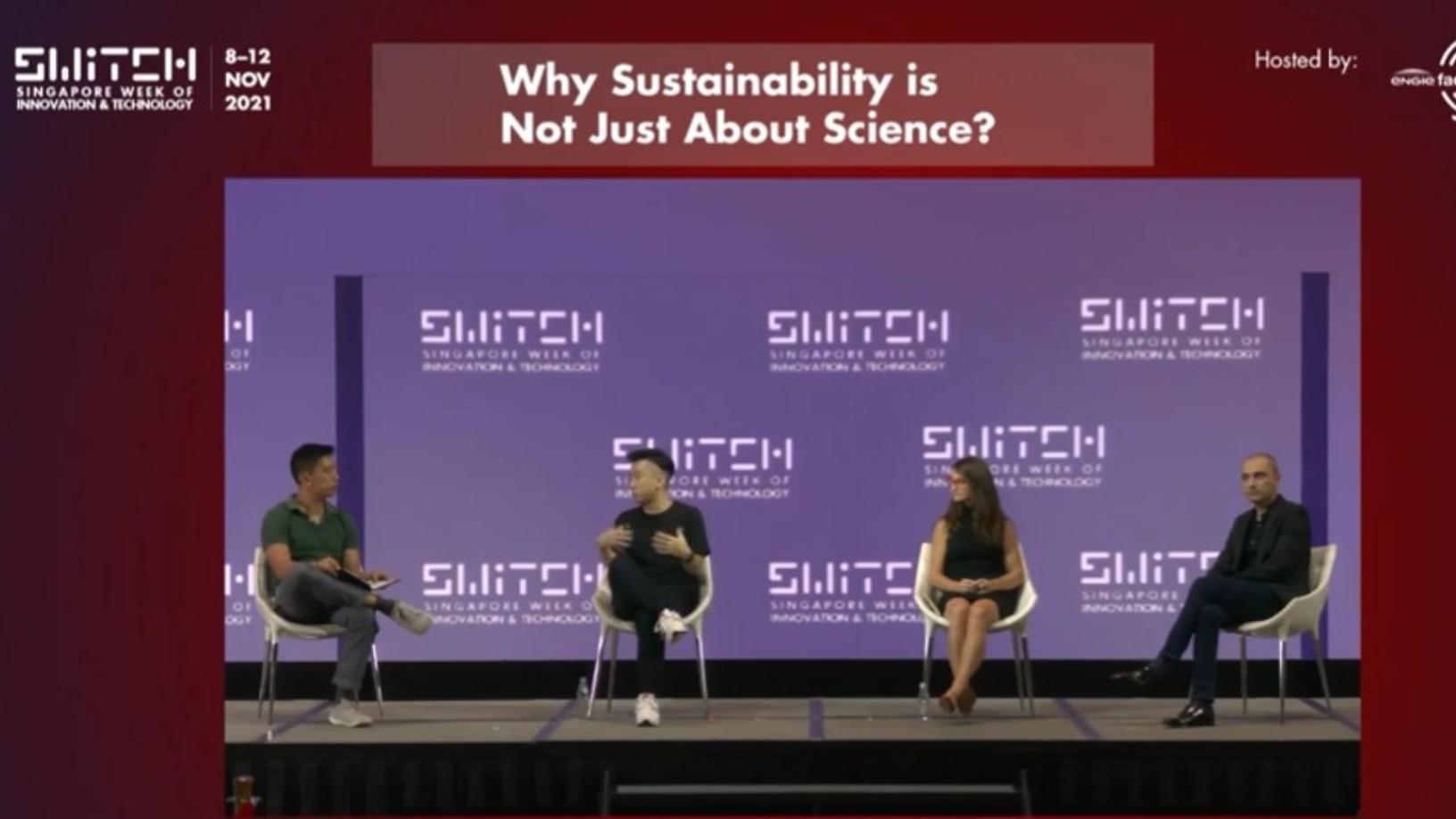HypeLabs, the Portuguese startup that wants to remove the barriers to connectivity with its peer-to-peer mesh networking system, has clinched funding of US$3m – one of the largest seed rounds raised in Europe. Founded three years ago in Porto, HypeLabs currently has four offices in the US and Europe to market its Hype SDK mesh network.
As long as their devices are equipped with Wi-Fi, Bluetooth or microphone – and Hype's software – users within the same physical space can start a mesh network to connect, communicate and share data with one another, even without internet connection.
“In a world where we see more connected and smarter devices in our daily lives, new connectivity paradigms need to emerge,” HypeLabs CEO Carlos Lei Santos told media. “Our goal is to simply connect every device, even in situations where they couldn’t before, by building networks that self-configure, self-heal, self-optimize and self-protect.”
HypeLab's seed round was led by German cleantech investor Innogy Innovation Hub. Other investors included German telecoms giant Deutsche Telekom, US accelerator AngelPad, British VC Mustard Seed and Portugal's Caixa Capital, EDP Ventures and NovaBase Capital. AngelPad was the startup's first investor, providing funding of US$100,000 in 2016 when HypeLabs also participated in Deutsche Telekom's accelerator Hub: Raum.
HypeLabs will spend the monies on hiring and expanding the company's user base and operations, mainly in the energy utility sector. Hype SDK is a software development kit for the B2B market, aimed at developers who create mesh networks that run across different operating systems and appliances.
The mesh networks enable mobile, desktop and IoT devices to function anywhere in the world, without the need for internet coverage. Over 2,470 developers are already using Hype, an increase of one third in just one trimester. The global mesh network market is forecast to reach US$10.55bn by 2025 based on a CAGR of 13.4%, and almost tripling, from 2017's US$3.86bn.
Revolutionizing connectivity
Hype operates a routing algorithm that identifies which data transportation systems are available at any given moment, including Long-Term Evolution (LTE) antenna, Wi-Fi, Bluetooth or microphone. It can also automatically switch from one system to another as needed. The P2P mesh technology operate via Hype Open Protocol, the connectivity platform that enables different devices to directly communicate via cheaper local networks. This will provide users with low-cost internet access and boost the use of blockchain and IoT devices.
Hype SDK is available on a pay-per-use basis with the product being commercialized for designers, or those with a high level of IT knowledge. HypeLabs operates from San Francisco, London and Krakow in Poland. Portugal's second largest city Porto is the HQ and home of HypeLabs, where it was created at the Science and Technology Park of Porto University, UPTEC, one of the top incubators of Portuguese tech innovation.
HypeLabs is the brainchild of former IT manager Carlos Lei Santos, who is CEO, and programmer and project manager André Francisco, now the company's CTO. Both are Computer Science graduates of the University of Porto University.
The energy sector, being primarily driven by connected devices and automated processes, is ready for transformation by new technological solutions like Hype SDK. The Hype protocol allows energy from renewable sources to be sold back into the grid to redress over or under-production, a common practice in the sector. Participants earn fees by allowing their devices to be accessed by HypeLabs to provide power, memory, connectivity or CPU to the rest of the network.
Connectivity, a growth enabler
About 44% of the world's population remain unconnected by mobile broadband today, including surprisingly, a quarter of the population in the most developed nations in the west. Hence HypeLabs' main objective is to democratize connectivity.
“We started HypeLabs because we saw there was a huge gap between the way people connect and access information in the developed and developing countries. We believe in connectivity as a human right, as an enabler of growth and a tool to learn. It’s an equalizer of opportunities,” according to the HypeLabs website.
HypeLabs is already empowering the unconnected in the poor suburb of Mbare in Zimbabwe's capital of Harare. The southern district is known for unreliable and expensive data coverage. The company has teamed up with not-for-profit Internet Society to install mesh networking to boost connectivity in severely affected areas. The initiative leveraged the reliable network connection of a local NGO that has agreed to share its uncapped internet package during off-peak hours.
The P2P mesh technology is ideal in dense urban settings where many devices are in close proximity. A small charge is levied for the data usage through the purchase of tokens from the local NGO. Users will also receive tokens as rewards for allowing their devices to be part of the P2P mesh network, thus ensuring that the network will always have participating users to guarantee connectivity.
The possible uses for Hype SDK also extend beyond energy-poor areas. Industry sectors and communities that lack efficient connectivity solutions are now ripe for disruption. The market for smart cities, predicted to be worth US$237.6bn by 2025, as well as smart industries, all rely on IoT and connected devices that could benefit from HypeLabs' mesh technology.
Internet coverage in the rural areas and parts of the cities of many developed countries also continue to be patchy. Such problems can be solved with the use of P2P mesh technology to create smart micro-economies in traditional sectors like agriculture.
Life-saver in disasters
Guaranteed connectivity, which enables continued operations while offline, offers the possibility of trading 24/7 to achieve more favorable exchange rates. Secure connectivity with end-to-end encryption will boost blockchain services by creating distributed ledger systems where files can be more economically stored by a cluster of devices instead of storage in just one site.
Mesh technology could also be literally a lifesaver during a disaster, when telecommunication services are down. HypeLabs' mesh connection can still function, even when the telecom infrastructure has been destroyed, hopping from device to device until a connection is secured.
This will help emergency-related communications like evacuation orders to be broadcast, or enable rescuers to locate injured or trapped individuals. Hype SDK can also be effectively deployed in infrastructure with notoriously bad connectivity such as crowded stadiums or at concerts. Another potentially lucrative application is on board airlines, where connectivity is still an expensive option.
On a humbler scale, Hype's technology could easily power smart homes too. Kerstin Eichmann, the strategy lead for machine economy at Innogy Innovation Hub, a HypeLabs investor, said: “What makes HypeLabs special is that they don’t rely on specific hardware or specific radio channels to manage the network. We're particularly excited about the role of this technology within the decentralized IoT-based energy system where smart homes will require smart, resilient and reliable connectivity.”











